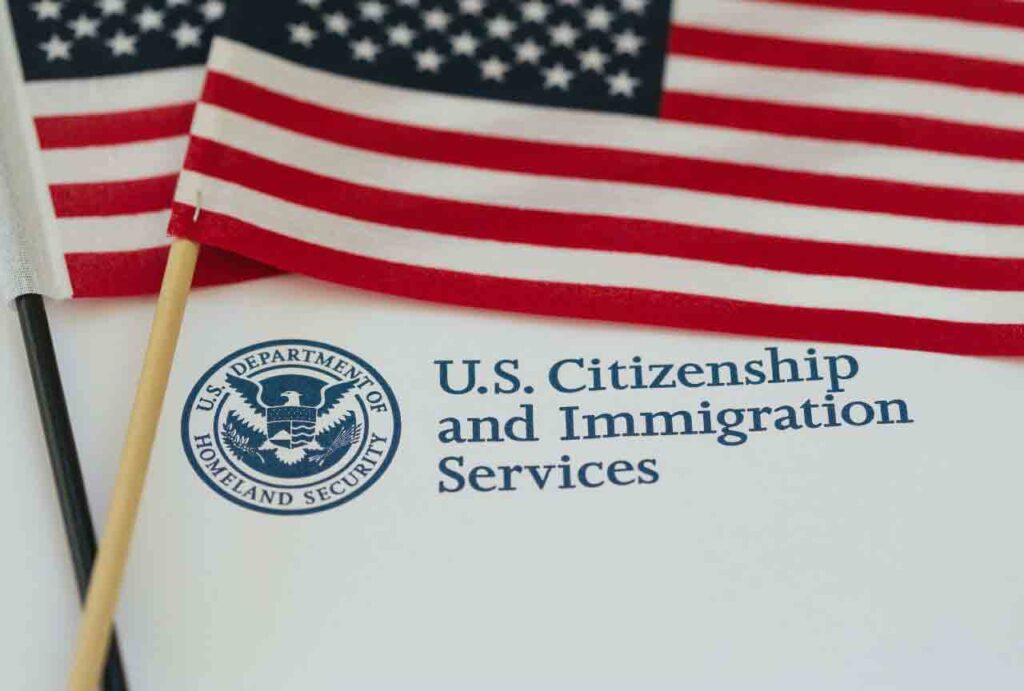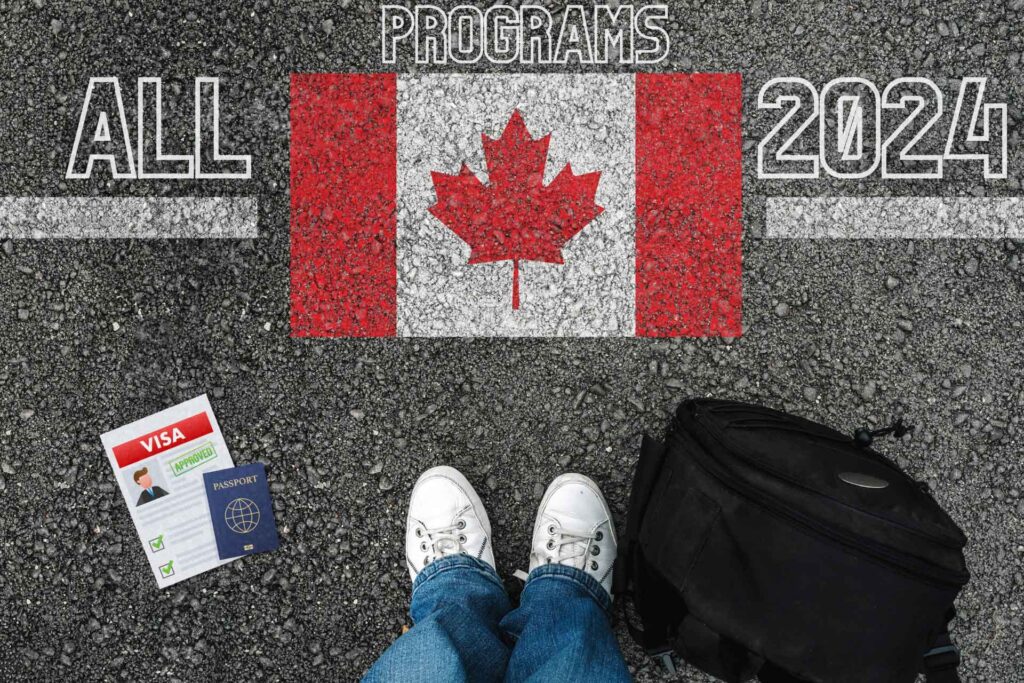The United States has long been seen as a land of opportunity, a place where individuals from all corners of the world could come to build better lives for themselves and their families. This nation, founded and shaped by immigrants, owes much of its success to those who arrived with hopes, dreams, and the determination to succeed. Many of the country’s most celebrated innovators, leaders, and contributors—such as Tesla’s Elon Musk, Google co-founder Sergey Brin, and investor and philanthropist Arianna Huffington—are immigrants who have profoundly influenced its growth and global standing.
However, recent policy shifts suggest a departure from this legacy. The tightening of immigration laws, the increased scrutiny of applicants, and a growing sentiment of exclusion have raised concerns about the diminishing value placed on immigrants. This shift not only challenges the ethos of the American Dream but also signals an era of discrimination and reduced opportunities for those seeking to contribute to the United States. For those considering immigration today, these realities paint a stark contrast to the ideals that once defined the country as a beacon of hope for newcomers.
I. The Allure of the American Dream
A Vision of Opportunity and Prosperity
The concept of the American Dream has drawn people from all over the world to the United States. For decades, it symbolized the possibility of achieving success through hard work, access to education, and upward social mobility. The United States has been perceived as a land of economic opportunities, where individuals could start anew, establish their careers, and improve their quality of life.
Central to this vision has been the belief that the U.S. offers freedom and stability. Political and social conditions in some countries make life uncertain, prompting individuals to seek a safer environment for their families. This allure often includes access to high-quality education, advanced healthcare systems, and a more inclusive society, particularly for those fleeing conflict or persecution.
Immigration as a Pathway to Growth
Immigrants have historically contributed significantly to the growth and development of the United States. They bring diverse skills, knowledge, and cultural perspectives, driving innovation and economic progress. Many industries rely heavily on immigrant labor, including healthcare, technology, agriculture, and construction. For these reasons, the U.S. has traditionally been seen as welcoming to immigrants, which further reinforced its global reputation as a top destination.
Challenges and Realities of Pursuing the Dream
While the idea of the American Dream remains compelling, it is essential to recognize the challenges associated with pursuing it. Achieving success as an immigrant often requires overcoming cultural barriers, adapting to a new environment, and navigating the complexities of U.S. immigration law. The costs of living in major cities and the availability of jobs in some regions can also present significant hurdles.
Despite these obstacles, many still view the U.S. as a place where effort and determination can lead to a better future. Understanding these aspirations provides context for the discussion about the recent policy changes that have reshaped the landscape of U.S. immigration.
II. The Trump Administration’s Immigration Policies: A New Reality
A Shift Toward Restriction
The Trump administration introduced sweeping changes to immigration policies, prioritizing stricter enforcement and reducing the number of individuals eligible to enter the country. These measures aimed to address concerns about national security, illegal immigration, and the strain on resources. However, they also introduced significant challenges for individuals seeking to immigrate legally.
One of the most notable changes was the increased scrutiny of visa applications. Higher rejection rates were observed for employment-based visas, family reunification cases, and asylum applications. The administration also implemented the travel ban, which restricted entry for individuals from specific countries, predominantly those with Muslim-majority populations.
Key Policy Changes
- Family-Based Immigration Restrictions
The administration sought to limit family-based immigration, favoring a merit-based system that prioritized skilled workers. This shift affected individuals seeking to reunite with family members already residing in the U.S., creating longer wait times and additional hurdles.
- Public Charge Rule
The introduction of the public charge rule penalized immigrants likely to require public assistance, such as food stamps or Medicaid. This policy led to concerns among low-income immigrants who feared being disqualified from obtaining visas or green cards.
- Deferred Action for Childhood Arrivals (DACA)
Efforts to terminate DACA, which protected undocumented immigrants brought to the U.S. as children, created uncertainty for nearly 700,000 individuals. Although legal challenges kept the program alive temporarily, the future of DACA remains uncertain.
- Temporary Protected Status (TPS) Changes
The administration sought to end TPS for several countries, leaving thousands of individuals without legal status despite years of residence in the U.S. This change disproportionately affected individuals from nations experiencing conflict or natural disasters.
- Increased Immigration Enforcement
Enhanced enforcement measures targeted undocumented immigrants, including workplace raids, detentions, and deportations. These actions intensified fears within immigrant communities and discouraged undocumented individuals from seeking legal assistance or reporting crimes.
- Changes to Asylum Policies
The Trump administration implemented policies that limited access to asylum, including the Migrant Protection Protocols (MPP), also known as “Remain in Mexico.” Asylum seekers were required to wait outside the U.S. for their cases to be processed, often in dangerous and unstable conditions.

Also Read: How To Get A Visa Sponsorship Jobs In Canada
Impacts on Immigrants and Prospective Applicants
The policies introduced by the Trump administration had far-reaching effects. Legal immigration pathways became more challenging to navigate, with longer processing times and increased uncertainty. Prospective immigrants, particularly from countries affected by travel bans or TPS changes, faced reduced chances of gaining entry.
Within the U.S., immigrant communities experienced heightened anxiety and vulnerability due to enforcement actions. Fear of deportation led some undocumented individuals to avoid healthcare, education, and legal services, further isolating them from society.
For individuals considering immigration to the U.S., understanding these changes is essential. The evolving policy environment requires careful planning and realistic expectations. While some programs remain accessible, others have become more restricted or uncertain.
III. Should You Immigrate to the United States Now?
Assessing the Current Climate
The United States has historically been a leading destination for immigrants seeking better opportunities, freedom, and prosperity. However, the evolving landscape of U.S. immigration policies, particularly under the Trump administration, has raised critical questions about whether this remains the best choice for prospective immigrants. The heightened sensitivity toward immigration, restrictive measures, and increased enforcement actions have created significant obstacles for individuals seeking to relocate to the U.S.
The administration’s focus on reducing both legal and undocumented immigration has led to complex application processes, longer wait times, and heightened scrutiny of visa petitions. These changes have disproportionately affected certain groups, including low-income applicants, asylum seekers, and individuals from specific countries. With these barriers in place, it is essential to carefully evaluate whether the U.S. still represents the most viable and beneficial destination for you.
The Reality of Being Valued
A critical factor to consider when choosing a country for immigration is the degree to which your contributions as an individual will be recognized and appreciated. The current U.S. policies often create a sense of exclusion, with many immigrants facing challenges that can undermine their sense of belonging and worth.
Other countries may offer pathways that better align with your professional and personal aspirations. Nations like Canada, Australia, and Germany, for instance, have merit-based immigration systems and policies designed to attract skilled individuals, offering a more inclusive environment where immigrants feel valued and supported. These alternatives may provide greater opportunities for professional growth, integration, and stability.
Economic and Social Considerations
The economic and social landscape in the U.S. has also become more challenging for immigrants. Rising costs of living in major metropolitan areas, limited access to healthcare for undocumented individuals, and barriers to higher education or professional advancement can make achieving success more difficult. Additionally, the political climate has created divisions, leaving many immigrant communities vulnerable to discrimination and fear.
By contrast, many alternative destinations prioritize immigrant support, providing access to public resources, healthcare, and integration programs. These countries often offer more favorable environments for building a stable and fulfilling life.
Weighing Alternatives
Immigration is a significant decision, and exploring alternatives beyond the U.S. is crucial. Countries with more open and supportive immigration policies may offer you better opportunities to thrive. Canada, for example, is known for its Express Entry program, which prioritizes skilled workers and promotes multiculturalism. Similarly, countries within the European Union often provide accessible pathways for immigrants, particularly for those with specialized skills or qualifications.
When weighing your options, consider the following factors:
- Immigration Pathways: Assess the ease and clarity of the immigration process.
- Recognition of Skills: Evaluate how your qualifications and experience will be valued.
- Supportive Policies: Research available resources for immigrants, including housing, education, and job opportunities.
- Community and Inclusivity: Consider whether the country fosters a welcoming environment for newcomers.
Making a Well-Informed Choice
Ultimately, the decision to immigrate should be based on where you can achieve your goals while feeling valued and supported. While the U.S. may still appeal to some due to its history as a land of opportunity, the current policies and climate make it essential to consider whether the challenges outweigh the potential benefits.
Given the current policies and heightened sensitivities surrounding immigration in the United States, it is prudent to reconsider making the U.S. your primary choice for immigration. The evolving landscape has created an environment where uncertainty, restrictive measures, and challenges to personal and professional growth are prevalent. If your priority is to live with stability, dignity, and a sense of value, exploring alternative destinations with supportive and transparent immigration systems is a more logical path.
Whether you choose to wait for potential policy changes or seek opportunities elsewhere, taking the time to evaluate your options carefully will empower you to make a decision aligned with your goals and values. Countries that value your skills and contributions may offer better opportunities for integration, peace of mind, and long-term success. Your future should be in a place that not only welcomes you but also enables you to thrive without the constant fear of policy shifts or loss of status.



